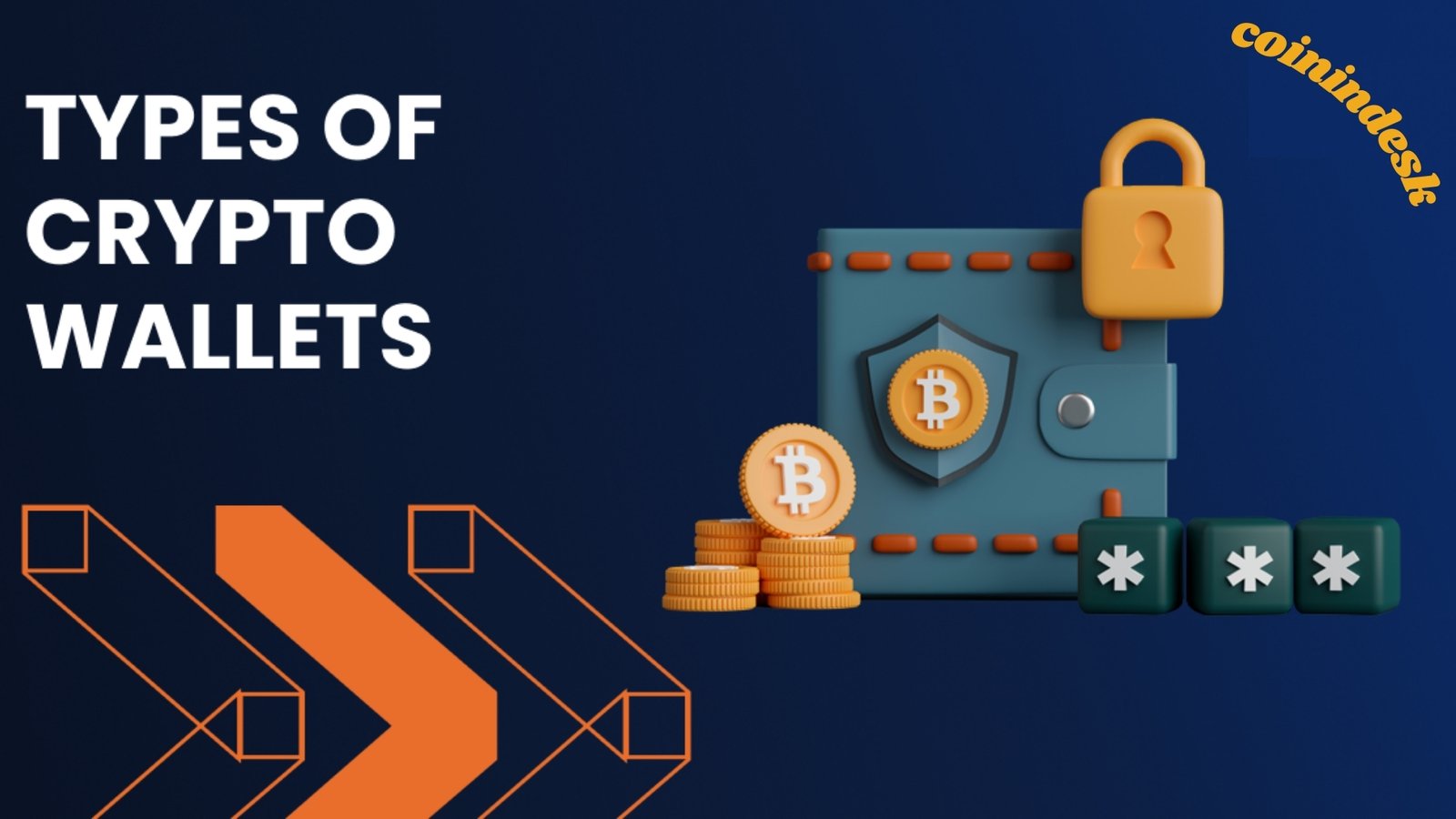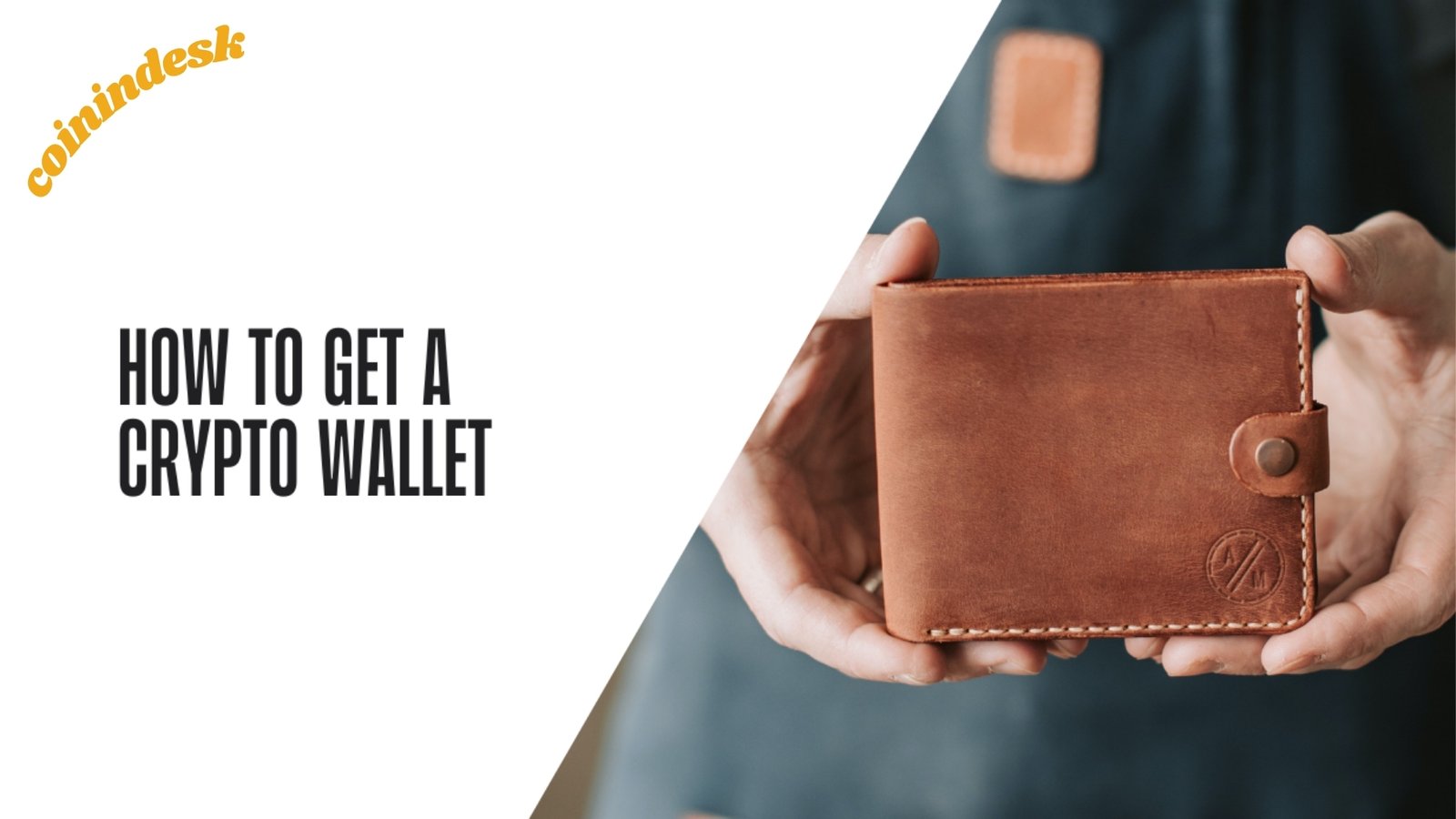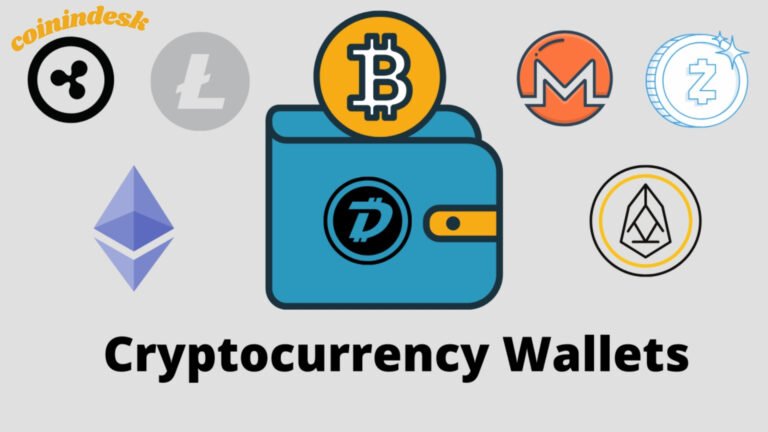Wallets for cryptocurrencies are apps you may use on your phone or computer to keep your cryptocurrency assets safe. Due to the digital nature of your coins, cryptocurrency wallets are different from traditional coin storage methods; therefore, we have compiled this guide to help you understand what a wallet is and how to use one.
The Basics of Cryptocurrency Wallets
Almost all digital currencies allow anybody with the correct private key—a lengthy, randomly generated password—to instruct the cryptocurrency’s network to transfer funds linked with that key. Consequently, a wallet’s primary purpose is to store these private keys, and storing cryptocurrency is essentially just storing these keys.
So, technically, any medium that allows you to keep your coin’s private keys in an acoin’sn’syptocurrency wallet, even if you choose to write them down (a practice known as a paper wallet; we’ll talk about pellets later), most wallets can also sign transactions using your private key, enabling you to transmit your cryptocurrency on the network.
Types of Wallets

Many different kinds of cryptocurrency wallets exist, as we briefly touched on before. They may differ in the features they provide and the pros and cons of using them, but they all share the common purpose of protecting your private keys. Here are the primary groups:
Online Wallets
The most convenient and speedy way to keep your cryptocurrency is likely in an online wallet. These wallets will take care of everything you need, including your private keys, to transfer and receive currencies quickly. One type of online wallet stores your private keys on its servers, while the other uses your browser to track them. This is an important distinction to keep in mind.
The first type is typically associated with Bitcoin exchanges, as they physically hold your private keys. The security of your funds depends on the exchange. Thus, avoiding this wallet is best if you want to risk losing control of your private keys.
The second type of cryptocurrency wallet is perfectly OK; it simply involves storing the private keys on your browser. However, in this scenario, the security of your coins depends on your coin’s browser. Another option should be considered if you are unsure of malware on your computer or intend to store more money.
Desktop Wallets
You can use a desktop wallet to keep your private keys safe when storing cryptocurrency. In addition to managing all aspects of sending and receiving, these wallets come as standard. These are a fantastic pick for usability, but you’ll have to be physically present at your computer for them to work. The safety of ur desktop wallet, like your online wallet, depends on your computer. Depending on your computer’s capacity, the computer’s downloads or large quantities of storage, there are choices.
Mobile Wallets
Those who require constant, anywhere access to their money often choose mobile wallets. These wallets store your keys on your phone and handle all the sending and receiving for you, making them ideal for frequent travelers or those who prefer to pay with cryptocurrencies in person. Regarding security, mobile wallets are pretty similar to the previously discussed ones. Because your phone stores your keys, your money is at risk in case of a security compromise.
Hardware Wallets
An alternative to keeping your private keys on your computer is a hardware wallet, which is a tangible device. It is common practice to connect hardware wallets to desktop or internet wallets to sign transactions, providing the sending capability that most of us require. Most options exist; the three most well-known manufacturers of hardware wallets are Ledger, Trezor, and KeepKey. People who wish to store a lot of cryptocurrencies or want the security of not having their keys stored on a live computer or mobile device usually go for hardware wallets.
Paper Wallets
Finally, there is a type of Bitcoin wallet called a paper wallet. A paper wallet doesn’t have to be fancy; most individuals use software to generate printouts that contain QR codes, which are codes, to hold their private keys. Because you canquicklyy scan the codes with a mobile device, this streamlines the process of sending payments down the line.
Here, we need to consider two facets of security. Use a secure wallet generator, computer, and printer to ensure no one can access the private keys during wallet generation. Then, take extra precautions to protect the paper used for the wallet. If you’re confident in your abilities, wallets are a popular substitute for hardware wallets because they are safe.
Get a Crypto Wallet

Now that you understand the purpose of a cryptocurrency wallet and the different types, all that’s left is to find the right one for you and start using it.
Finding a Wallet
Before you can acquire a cryptocurrency wallet, you need to choose one that suits your needs. In this discussion, we go over the many kinds of cryptocurrencies. We mention that various cryptocurrencies employ distinct wallets—referring to the cryptocurrency’s website to ascertain which wallets are compatible with a specific coin.
Here are some examples of walletcryptocurrency’s most popular cryptocurrencies:
Bitcoin
- Online: Coinbase
- Desktop: Bitcoin Core
- Mobile: Jaxx
- Hardware: Ledger
- Paper: BitcoinPaperWallet
XRP
- Online: Coinbase
- Desktop: Toast Wallet
- Mobile: Edge
- Hardware: Ledger
- Paper: XRPPaperWallet
Ethereum (and ERC20 tokens)
- Online: IDEX
- Desktop: Mist
- Mobile: Jaxx
- Hardware: Ledger
- Paper: MyEtherWallet
Using the Wallet
After selecting a wallet, we recommend reviewing its setup instructions because they could differ significantly. In most cases, setting up a web, desktop, or mobile wallet is as simple as selecting a password or saving a file to your computer. The procedure is the same whether using a hardware or paper wallet; however, the latter m.Howevere complicated.
After you’ve installed or created your new wallet, the next step is to use it. Since the login, send, and receive features are broadly similar across web, desktop, and other wallets, using them should be second nature if you’ve ever used tradyou’vel banking sertraditionalything else is the same, except if you’re using a paper you’re or a hardware wallet, you may need you have a second wallet to spend your funds. Since everyone has internet connectivity, your second wallet can be a web, desktop, or mobile wallet.


